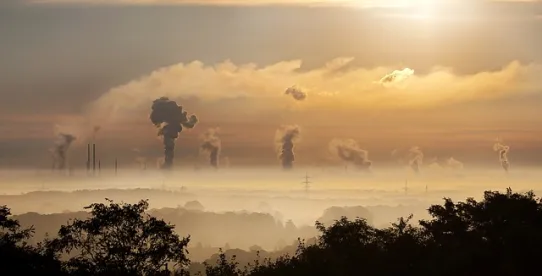On November 3, 2016, the United Nations Environment Programme (UNEP) released the seventh UNEP Environment Emissions Gap Report, presenting a scientific assessment of global progress towards emissions reductions created by the United Nations Framework Convention on Climate Change (UNFCCC). The report found that if all Paris Agreement pledges to reduce emissions global temperature are achieved, global temperatures will still rise to more than 2°C over preindustrial levels.
UNEP chief Erik Solheim stated that we need to move faster to mitigate our impact on climate change, with the report calling for strong clean energy and emissions reducing policies before the 2020 tipping point when the warming trajectory will become more difficult to reverse. The report identifies carbon capture and storage coupled with the use of bio-energy as a key factor to limit warming, but mentions the need to produce sufficient quantities of biomass without harming biodiversity.


 />i
/>i
